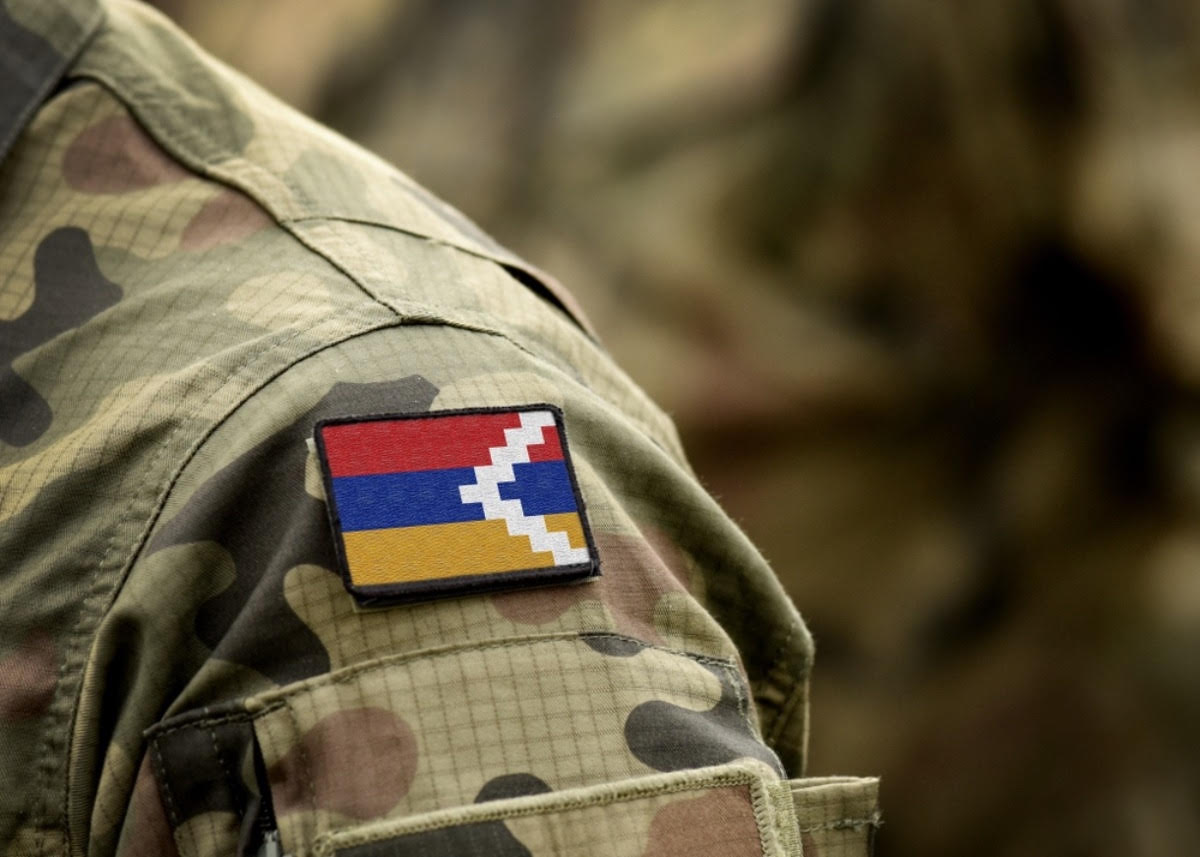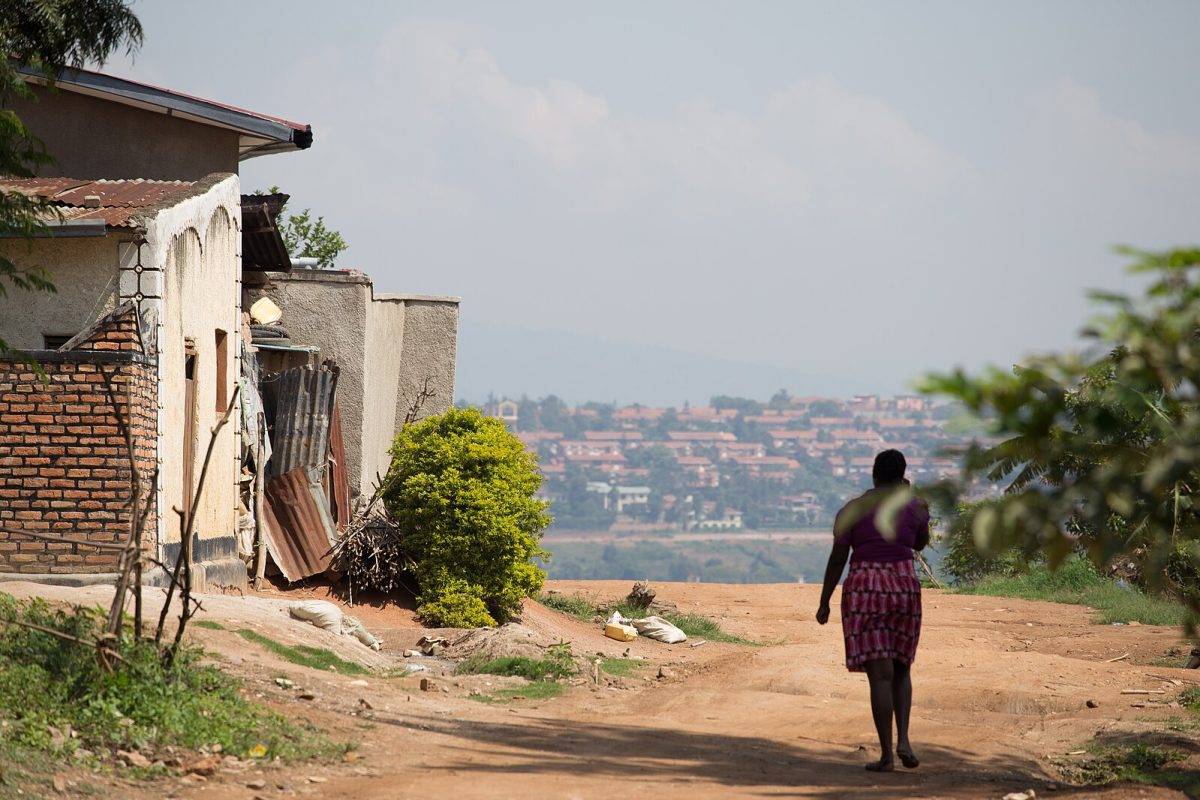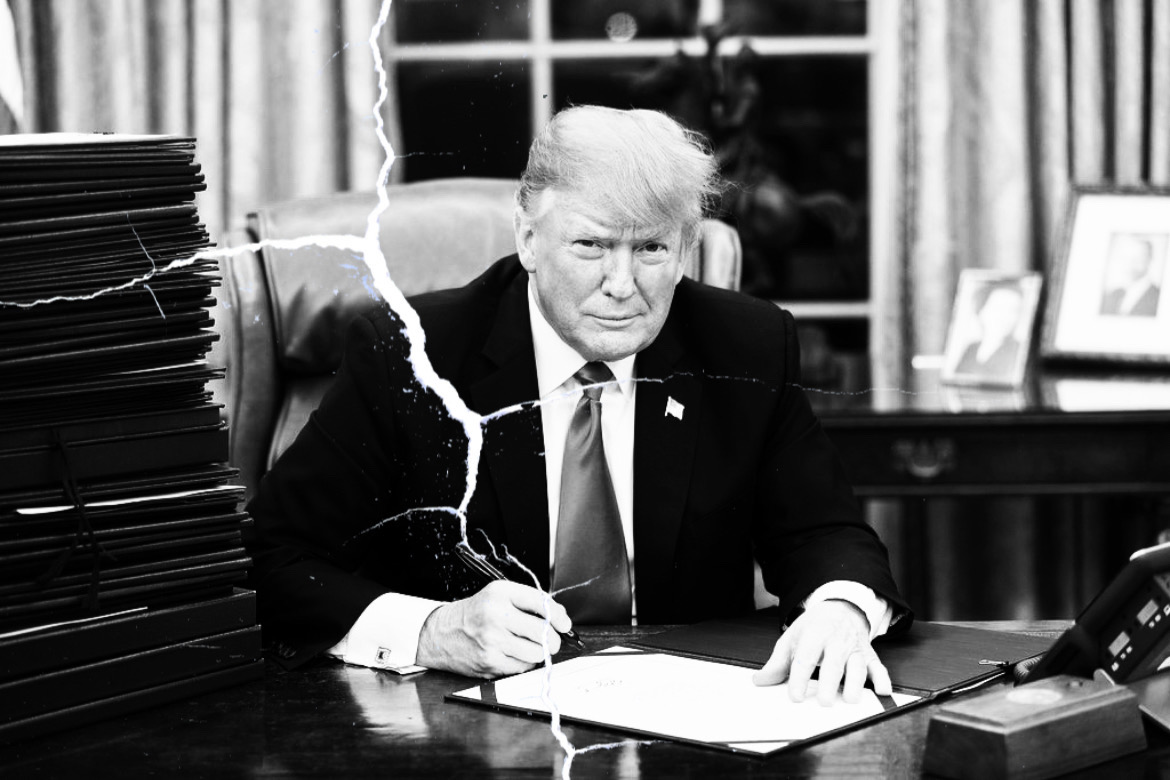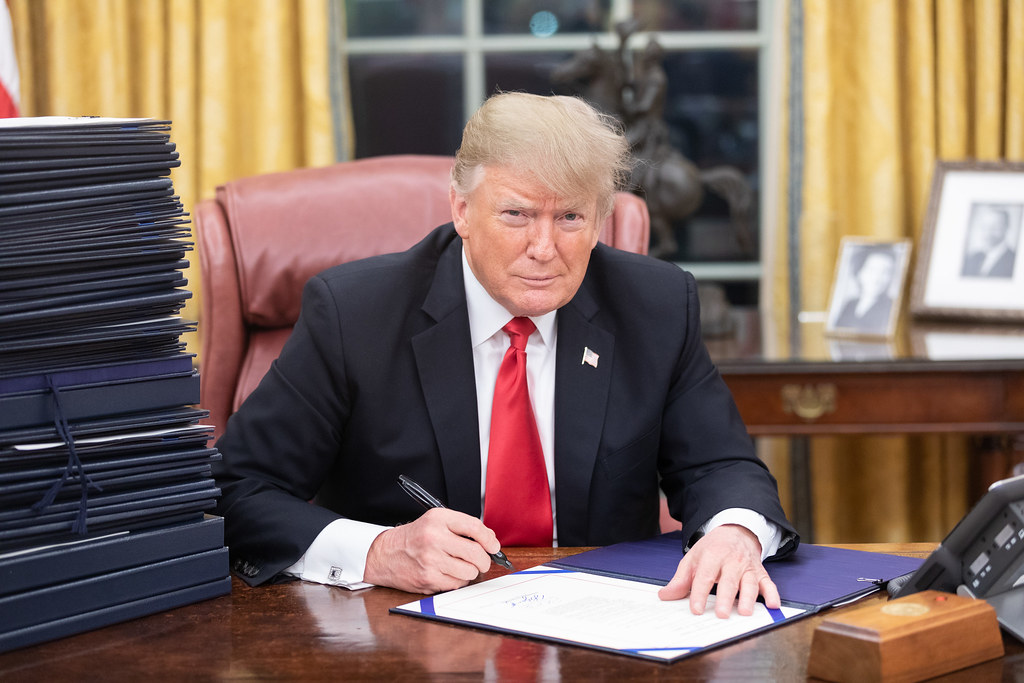The Armenia-Azerbaijan conflict is one of the most notorious and continuous in geopolitical history—being considered one of the longest-running modern geopolitical disputes next to the Israel-Palestine war.
The war is an ethnic and territorial dispute between Armenia and Azerbaijan, regarding the region of Nagorno-Karabakh (known as Artsakh by Armenians). Artsakh has been historically Armenian, with Armenians residing there since the first millennium BC, as a part of the Kingdom of Greater Armenia.
Throughout the existence of the USSR, Armenians were the target of heavy discrimination, primarily based on nationalism and connections to the diaspora. This was the same sentiment in the Ottoman Empire, often referred to as “the Armenian Question” (which later led to the Armenian Genocide).
The USSR and Ottoman Empire felt alike in the idea that the Armenian people were a danger to their imperialist and colonialist doctrine, hence the immense persecution they faced. This led to Armenians generally being ignored in the USSR and a sense of favorability towards the people of Azerbaijan.
Tensions escalated in 1921, when Joseph Stalin declared Artsakh to be part of Azerbaijan, despite its lack of ethnic ties to the region and the absence of any legal justification for the decision. Artsakh later held a referendum to remain a part of Armenia, which was once again ignored. This was followed by decades of conflict, with Armenia eventually winning the first Nagorno-Karabakh war.
The second conflict, however, was much more devastating for Armenia. Sometimes referred to as the “44 Day War”, it took place in 2020, from September 27th through November 10th, and it resulted in Azerbaijan gaining a significant amount of territory in the region. Azerbaijan’s military significantly expanded between the two wars, primarily due to the establishment of new alliances. This gave the nation a major advantage over the weaker Armenia, and the result was Armenia losing Artsakh.
Flash forward to August 8th, 2025, when a peace agreement was signed between Armenia and Azerbaijan. In accordance with Armenian PM Nikol Pashinyan and Azerbaijani President Ilham Aliyev, Armenia gave the United States the right to develop TRIPP, or the Trump Route for International Peace and Prosperity.
According to President Donald Trump, three companies are already interested in operating these routes. However, China, Russia, and Iran are unhappy with this, and Iran has even threatened to block the corridor.
Unfortunately, the full agreement is not the necessary step Armenia needs to take.
According to ANCA Executive Director Aram Hamparian, “The same Donald Trump who failed to stop Azerbaijan’s 2020 attack on Nagorno Karabakh is now rewarding this very aggression–further compromising Armenia’s security and sovereignty and, in the process, abetting Azerbaijan’s normalization and formalization of its ethnic cleansing, its genocide, of more than 150,000 indigenous Armenian Christians.”
Trump’s stance on Azerbaijan underscores a troubling pattern of rewarding aggression rather than condemning it. By failing to halt the 2020 assault on Artsakh and later taking actions that appear to legitimize its consequences, Trump has deepened Armenia’s vulnerability and weakened its sovereignty on the international stage. Such decisions will also pave the way for Azerbaijan to continue its aggression against the Armenian people and transform a clear case of ethnic cleansing into an accepted geopolitical reality.
Azerbaijan is also still unlawfully holding twenty-three known Armenian prisoners of war, which U.S. national security advisor Mike Waltz has called for to be released. Other concerns regarding the agreement include the withdrawal of European and third-party monitors that have served as a deterrent against the constant Azerbaijani movement into Armenian territory. There was also no mention of any condemnation or protection for the Armenian cultural heritage sites that Azerbaijan has consistently destroyed or appropriated.
This agreement cannot rightly be called a peace settlement, as it is marked by a total disregard of the parties involved for the destruction and plunder of Armenian land and culture. Instead, it represents a calculated attempt by Azerbaijan to secure international legitimacy, while serving Trump’s ridiculous fantasies of a Nobel Peace Prize.
For politicians, ignorance may be bliss. But for the Armenian people, truth and justice for the crimes of occupation remain non-negotiable.
To achieve real peace, there is one thing that needs to occur: accountability. Azerbaijan, and the other parties involved in the ethnic cleansing of Armenians, must face responsibility for their actions, and we need real recognition and justice for the Armenian people, especially those displaced during the conflict.












